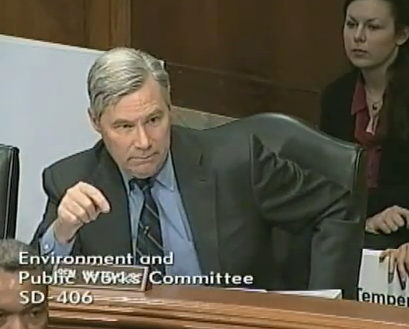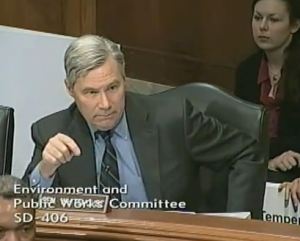 National education experts are now joining students, parents, education and advocacy groups and the RI ACLU in urging the Department of Education to end its mandate requiring students to pass the NECAP test in order to graduate.
National education experts are now joining students, parents, education and advocacy groups and the RI ACLU in urging the Department of Education to end its mandate requiring students to pass the NECAP test in order to graduate.
Three national education experts are submitting written testimony to the House Health, Education and Welfare Committee today in support of legislation that would delay or halt the state’s “high stakes testing” requirement for high school seniors.
The experts say, among other things, that high stakes testing requirements increase dropout rates, narrow curriculum, and disproportionately impact minority students and students with disabilities. In fact, according to the latest RIDE statistics, almost 1,600 seniors remain at risk of not getting a diploma because of the testing requirement.
Here are brief excerpts from their written testimony:
Linda Darling-Hammond, professor of Education at Stanford University, director of the Stanford Center for Opportunity Policy in Education, and education adviser to Barack Obama’s 2008 Presidential Campaign:
“The preponderance of research indicates that test-based requirements for graduation do not generally improve achievement, but do increase dropout rates… Studies have raised concerns about reduced graduation rates, especially for African American and Latino students, English language learners, and students with disabilities; reduced incentives for struggling students to stay in school rather than drop out or pursue a GED; increased incentives for schools to encourage low-achieving students to leave school, especially when test scores are part of the state school accountability system, so as to improve the appearance of average school scores; narrowing of the curriculum and neglect of higher order performance skills where limited measures are used; and invalid judgments about student learning from reliance on a single set of test measures, a practice discouraged by professional testing experts.” (Full testimony)
Ron Wolk, founder of Education Week, the newspaper of record in American education:
“Despite hundreds of millions of dollars and countless hours spent on standards and testing over the past 25 years, student achievement has not significantly improved, and the gap that separates needy and minority students from more affluent white students persists. … [A recent RIDE report] reveals that over the past five years, reading and math scores in the 4th, 6th, and 8th grades have increased by about 4 percent—about 0.8 percent a year. Eleventh grade scores in both reading and math increased by an impressive 8 percent over the past five years. Since more than 25 percent of all Rhode Island students score below proficient in reading, however, and about 40 percent score below proficient in math, it could take roughly 25 more years to get all students to proficiency in reading at the current rate of progress, and as many as 40 years to get all students to proficiency in math. Most importantly, it is a serious mistake to equate test scores with learning. Studies have shown that intense test preparation can raise scores, but the ‘learning’ is often transitory and temporary.” (Full testimony)
Lisa Guisbond, policy analyst for the National Center for Fair and Open Testing (FairTest):
“The ‘model’ exit exam state, Massachusetts, still has persistent, unacceptably large gaps in educational opportunity and achievement… In Massachusetts, disparities in dropout rates persist more than 10 years after the state adopted MCAS high school graduation tests. Latino and African-American students drop out at rates three to four times that of white students, and 11th and 12th graders who have not passed MCAS are more than 13 times more likely to drop out of school than those who have passed . . . Students with disabilities have been hit particularly hard and make up a steadily growing portion of Massachusetts students who don’t graduate because of the MCAS graduation test. Students receiving special education were five times more likely to fail MCAS in 2002-03; by 2011-12, they were 15 times more likely to fail.” (Full testimony)
The RI ACLU is also testifying in support of these bills and will continue to work towards the elimination of standardized test results as a graduation requirement.






